Divorce Implications on Children: Mitigation Strategies from Islamic Perspective
Divorce, while permissible in Islam, carries significant implications, particularly for children. The impact on their emotional, psychological, and social development can be profound. However, Islamic teachings provide guidance on how to mitigate these adverse effects, emphasizing the welfare of children and the responsibilities of both parents’ post-divorce. This article explores the implications of divorce on children and offers mitigation strategies from Islamic perspectives, supported by scholarly interpretations, Quranic verses, and Hadith.
Implications of Divorce on Children
- Emotional and Psychological Impact
Children often experience a range of emotions during and after their parents' divorce. They may feel anger, confusion, sadness, and a sense of loss. Studies have shown that children of divorced parents are at a higher risk of developing mental health issues such as anxiety and depression. According to a study by Amato and Keith, children from divorced families exhibit more behavioral problems compared to those from intact families.
- Academic and Social Consequences
Divorce can also affect a child's academic performance and social interactions. Research indicates that children of divorced parents often have lower academic achievements and are more likely to drop out of school. The disruption in their home environment can lead to difficulties concentrating, completing assignments, and participating in school activities. Socially, they may struggle with forming and maintaining relationships, exhibiting higher levels of conflict with peers and authority figures.
Mitigation from Islamic Perspectives
Islamic teachings emphasize the importance of protecting the rights and welfare of children, even in the event of divorce. The Quran and Hadith provide comprehensive guidance on ensuring that children’s needs are met, and their well-being is prioritized.
- Co-Parenting and Maintaining Parental Responsibilities
Islam encourages both parents to remain involved in their children's lives post-divorce. The concept of co-parenting is supported by Islamic principles, which emphasize mutual consultation (Shura) and cooperation between parents. The Quran states, "And consult them in the matter" (Surah Al-Imran, 3:159), highlighting the importance of collaborative decision-making.
According to Islamic jurist Ibn Qudamah, both parents should work together to fulfill their duties towards their children, even after divorce. This includes providing emotional support, ensuring financial stability, and fostering a positive environment.
- Ensuring Financial Support and Custody Rights
Islamic law (Shariah) mandates that the father remains financially responsible for his children post-divorce. The Quran asserts, "Let the rich man spend according to his means, and the man whose resources are restricted, let him spend according to what Allah has given him" (Surah At-Talaq, 65:7). This verse underscores the father's obligation to provide for his children based on his financial capacity.
Custody (Hadanah) is another critical aspect addressed by Islamic jurisprudence. According to Imam Malik, custody should prioritize the best interest of the child, typically granted to the mother during the early years of a child's life, as she is considered more capable of providing care and nurturing. However, custody arrangements can be adjusted based on the child's needs and the parents' circumstances.
- Emotional and Spiritual Support
Islamic teachings highlight the importance of providing emotional and spiritual support to children during and after divorce. The Prophet Muhammad (pbuh) emphasized kindness and compassion towards children, stating, "He is not of us who does not show mercy to our young ones" (Sunan Abi Dawud, Book 41, Hadith 4923).
Parents are encouraged to instill strong faith and resilience in their children by involving them in religious practices and teaching them Islamic values. This spiritual foundation can help children cope with the challenges of divorce and develop a sense of stability and security.
- Mediation and Counseling
Islam advocates for mediation and counseling to resolve conflicts and address emotional distress. The Quran encourages reconciliation and mediation, stating, "And if you fear dissension between the two, send an arbitrator from his people and an arbitrator from her people. If they both desire reconciliation, Allah will cause it between them" (Surah An-Nisa, 4:35). Islamic scholars, such as Al-Ghazali, also emphasize the benefits of seeking advice and support from knowledgeable and wise individuals. Counseling services can provide valuable support to families going through divorce, helping parents and children navigate their emotions and rebuild their lives.
- Community Support
The role of the community in supporting divorced families is vital in Islam. The Prophet Muhammad (pbuh) stated, "The believers, in their mutual kindness, compassion, and sympathy, are just like one body. When one of the limbs suffers, the whole body responds to it with wakefulness and fever" (Sahih Bukhari, Volume 8, Book 73, Number 40).
Communities are encouraged to offer practical support, such as financial assistance, mentoring, and social programs, to help divorced families integrate and thrive. This collective approach ensures that children receive a broader network of support and care.
- Legal Protections and Institutional Frameworks
Islamic countries often incorporate Shariah principles into their legal systems to protect children's rights post-divorce. For instance, many Muslim-majority countries have established family courts and child welfare organizations to oversee custody arrangements and ensure compliance with financial support obligations.
In Malaysia, the Islamic Family Law (Federal Territory) Act 1984 provides comprehensive guidelines on custody and maintenance, reflecting Islamic principles and safeguarding children's interests.
Conclusion
Divorce undeniably affects children, but Islamic teachings offer a robust framework for mitigating these impacts. By emphasizing co-parenting, financial support, emotional and spiritual care, mediation, community involvement, and legal protections, Islam provides holistic guidance to ensure the well-being of children post-divorce. The teachings of the Quran, the Hadith, and the insights of Islamic scholars collectively underscore the paramount importance of safeguarding children's rights and fostering their development in a nurturing and supportive environment.
References
- Amato, P. R., & Keith, B. “Parental Divorce and the Well-Being of Children: A Meta-Analysis”. Journal of Marriage and the Family, 1991, Vol. 53, p. 26.
- Sun, Y., & Li, Y. “Effects of Family Structure Type and Stability on Children's Academic Performance Trajectories”. Journal of Marriage and Family, 2011, Vol. 73, p. 123.
- Ibn Qudamah. Al-Mughni, Vol. 8, p. 130.
- Malik ibn Anas. Al-Muwatta, Book 30, Hadith 43.
- Al-Ghazali. Ihya Ulum al-Din, Vol. 2, p. 231.
- Islamic Family Law (Federal Territory) Act 1984, Sections 81-85.
About the author:
Dr. Fatimah binti Karim is an Assistant Professor of Department Fiqh and Usul al-Fiqh, at the International Islamic University Malaysia (IIUM), Kuala Lumpur.
Disclaimer
The views expressed in this article are the author’s own and do not necessarily mirror Islamonweb’s editorial stance.

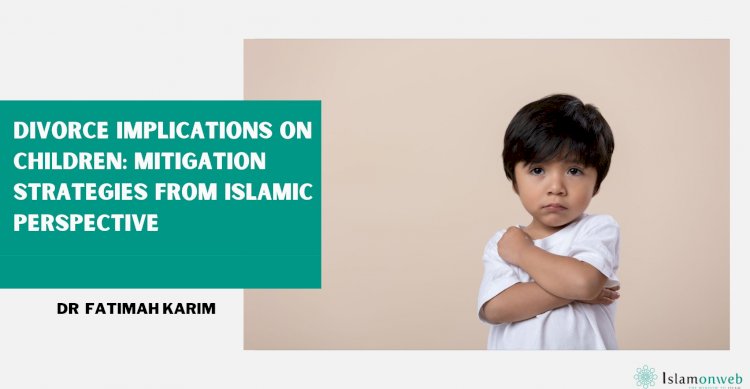


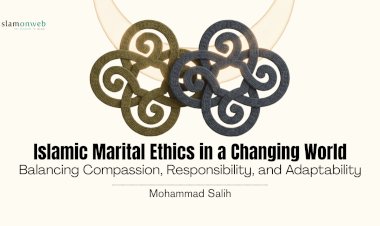
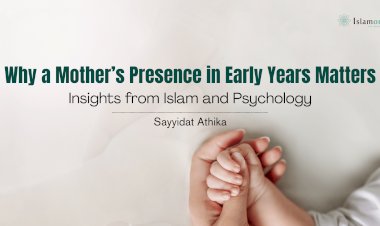

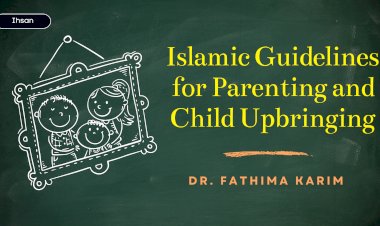
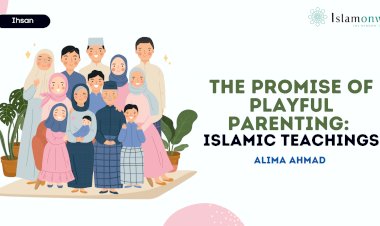
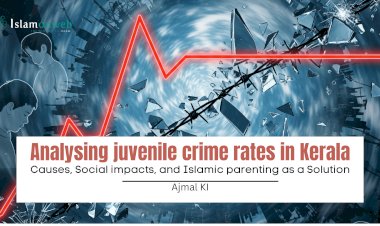














Leave A Comment